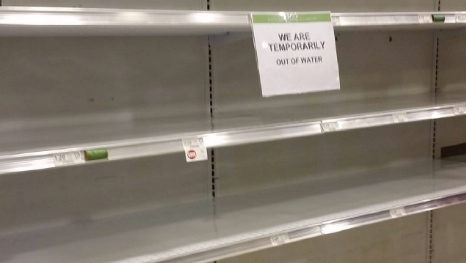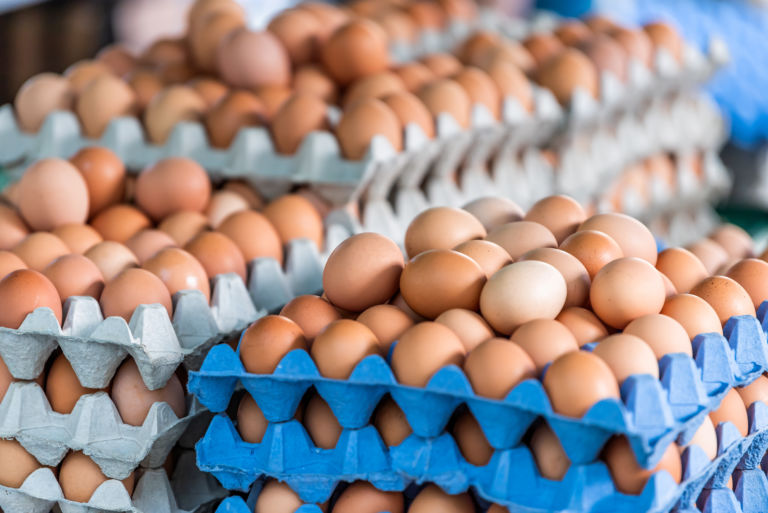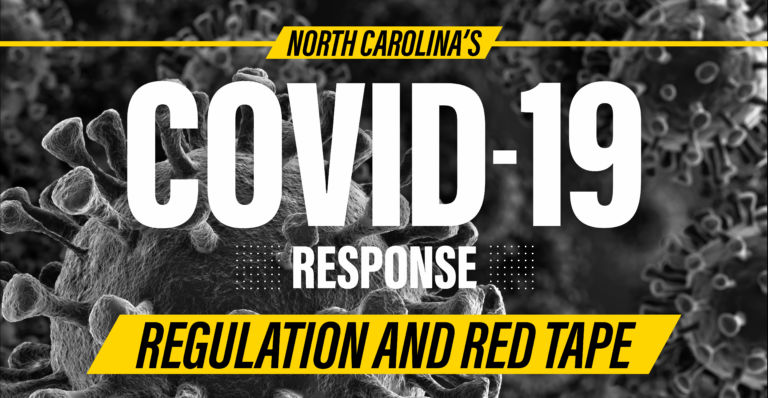The News & Observer reports that there were “at least 700 price-gouging cases from Florence so far.” The Attorney General’s spreadsheet lists 712 reported instances. That sounds like a lot, doesn’t it?
The only one discussed in the article is an instance of a particular tree company, already identified by the Better Business Bureau as one of its “Dirty Dozen” worst businesses, allegedly tripling its stated price to a homeowner. That’s a bad business practice, storm or no storm. (There’s no indication whether the homeowner agreed to the work.)
 The article includes a useful list of tips to avoid being scammed. But what isn’t useful is the impression the article gives that that example is normal. It isn’t; it was probably the most extreme case reported.
The article includes a useful list of tips to avoid being scammed. But what isn’t useful is the impression the article gives that that example is normal. It isn’t; it was probably the most extreme case reported.
Nor is leaving the idea that there were at least 700+ instances of “gouging” going on. Anyone who looks into the spreadsheet can see that isn’t the case.
Just because it was listed as “gouging” doesn’t make it so
My concern here is that by giving these misimpression, it could further suspicions against people going about their business, as it has in the past.
Be discerning. Not every perceived higher price is a “scam.” It may not even be a higher price, if you’re not sure how much certain things normally cost (generators, for example; they get expensive quickly).
Just because someone used the tell-on-your-neighbor line to report a price that is, in Attorney General Josh Stein’s words, “out of whack from what they should be,” that doesn’t mean it’s actually a case of “price gouging.”
Let me demonstrate. Here are a few examples of reported “gouging” using the same news lede as the N&O. How do these sound?
- A convenience store in St. Paul told a drinker that a 12-pack of Busch Ice cans would cost $5.43 before Hurricane Florence, but then the price soared to $7.95, according to North Carolina officials.
- A Wilmington Waffle House told a patron that coffee and a sausage biscuit would cost $1.00 before Hurricane Florence, but then the price soared to $2.00, according to North Carolina officials.
- A bar in Midway Park told a partier that the cover charge would be $5.00 before Hurricane Florence, but then the price soared to $10.00, according to North Carolina officials. As of this writing, there was no word on whether “Nickle Draft Night” was gouged into “Dime Draft Night,” but officials are looking into it.
- A Concord apartment complex told a renter it would cost $1,200 to rent an apartment before Hurricane Florence, but then the price soared to $1,400, according to North Carolina officials.
- A Chinese takeout in Bolivia told customers that food items would cost $8.85 before Hurricane Florence, but then the price surged to $9.45, according to North Carolina officials.
- A grocery store in Raleigh told shoppers that sweet and bolillo bread would be $1.50 before Hurricane Florence, but then the price soared to $3.00, according to North Carolina officials.
- A fast-food place in Burgaw told diners that food would be $8.99 before Hurricane Florence, but then the price soared to $11.99, according to North Carolina officials.


